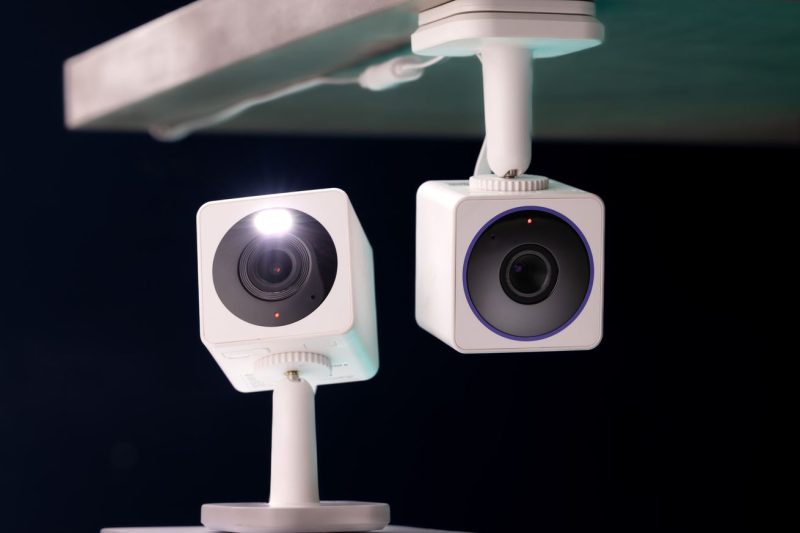In the ever-evolving landscape of smart home technology, privacy and security concerns have become increasingly prevalent. The recent incident involving Wyze cameras allowing some owners to inadvertently peer into a stranger’s home serves as a stark reminder of the potential risks associated with these devices. As we continue to embrace the convenience and connectivity that smart home products offer, it is crucial to prioritize user privacy and data security to prevent such breaches from occurring in the future.
The issue of unauthorized access to Wyze cameras highlights the importance of robust security measures and oversight in the development and deployment of smart devices. While these cameras are designed to enhance home security and provide peace of mind to users, the unintended consequences of a security lapse can have far-reaching implications. In this case, the vulnerability allowed some owners to access live feeds from other users’ cameras, raising serious concerns about privacy invasion and potential misuse of the footage.
One of the key factors contributing to this breach was a misconfiguration in the camera settings, which enabled unauthorized users to view the live streams of other cameras. This failure in security protocols underscores the need for regular audits and testing of smart devices to identify and address vulnerabilities before they can be exploited by malicious actors. Additionally, manufacturers should provide clear guidance to users on how to secure their devices and protect their data from unauthorized access.
Beyond the technical aspects, incidents like the Wyze camera breach also highlight the ethical implications of deploying smart devices in private spaces. As more connected devices become integrated into our homes, it is essential to consider the potential risks to personal privacy and data security. Manufacturers must prioritize transparency and accountability to build trust with consumers and demonstrate a commitment to safeguarding their sensitive information.
In response to the Wyze camera incident, the company swiftly issued a statement acknowledging the security flaw and advising users on how to secure their devices. This proactive approach to addressing the breach is commendable and serves as a model for other manufacturers to follow in the event of a security incident. By taking responsibility for their products and working to mitigate security risks, companies can uphold the trust of their customers and protect their reputation in the competitive smart home market.
As we navigate the complex landscape of smart home technology, it is crucial for manufacturers, regulators, and consumers to work together to ensure the proper safeguards are in place to protect user privacy and data security. By prioritizing transparency, accountability, and continuous improvement in security protocols, we can mitigate the risks of unauthorized access and breaches of sensitive information. Ultimately, these collective efforts will help to build a safer and more secure environment for the growing ecosystem of smart devices in our homes.

